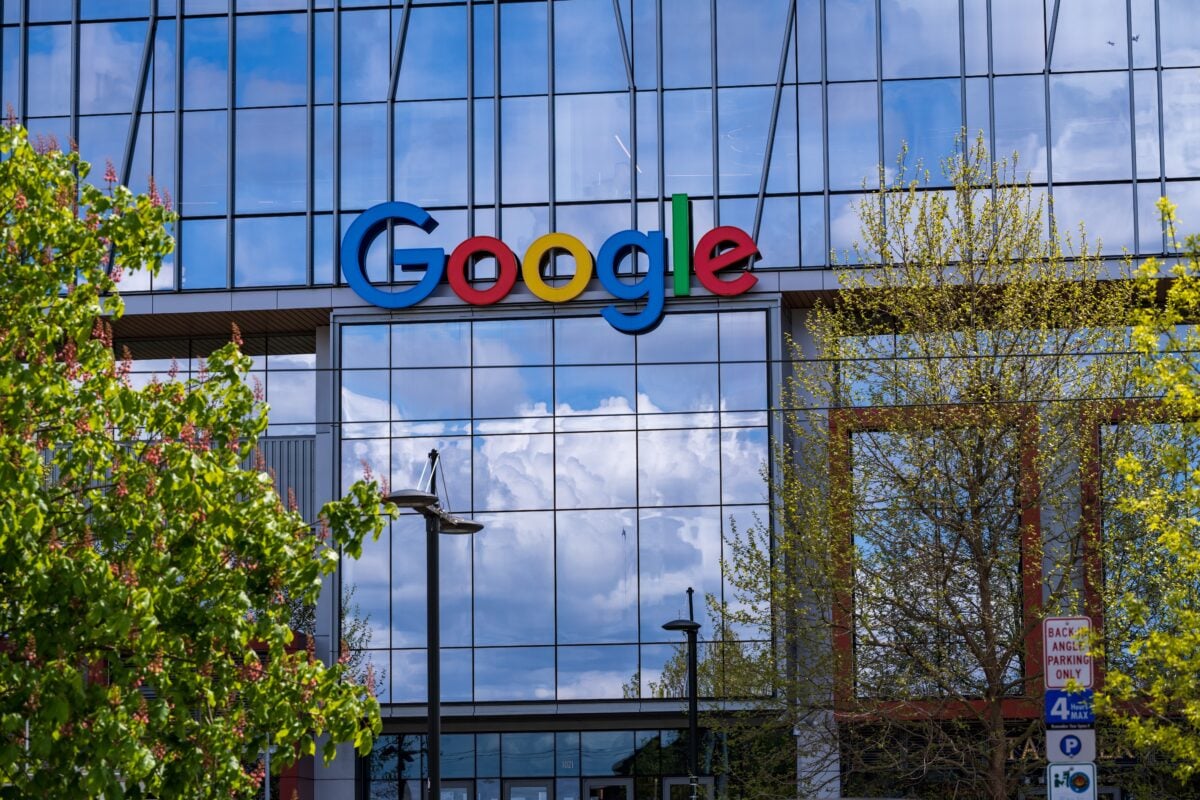TLDRs;
Contents
- Google hires Windsurf’s CEO and key developers to accelerate its Gemini AI initiative.
- OpenAI’s failed $3B Windsurf deal opens the door for Google’s strategic talent grab.
- The move reflects a growing trend of reverse acquihires in the competitive AI space.
- Windsurf remains independent, but its core talent now powers Google’s AI ambitions.
Google has reinforced its artificial intelligence ambitions by hiring the CEO and key technical minds behind Windsurf, an AI startup previously in talks with OpenAI for a multi-billion dollar acquisition.
This strategic recruitment, led by Google DeepMind, is expected to inject fresh momentum into Gemini, the tech giant’s next-generation AI project focused on agentic coding systems.
Varun Mohan, the now-former CEO of Windsurf, alongside co-founder Douglas Chen and several core R&D engineers, will officially join DeepMind’s ranks. Their work will focus on pushing the boundaries of Gemini, a flagship AI model designed to compete with offerings from OpenAI and Meta. Google opted not to acquire Windsurf outright but instead secured a non-exclusive license to utilize parts of its proprietary technology. The startup, which will remain independent, has since appointed Jeff Wang as interim CEO while Graham Moreno steps in as president.
Reverse Acquihires Gain Momentum in AI Industry
This approach reflects a growing trend among tech giants favoring tactical hiring of high-value individuals rather than pursuing full acquisitions. The shift is particularly pronounced in the fast-evolving AI sector, where access to top-tier talent is increasingly seen as more valuable than acquiring entire companies. This method, sometimes referred to as a “reverse acquihire,” allows companies like Google to sidestep regulatory scrutiny while still gaining vital intellectual capital and technical expertise.
The backdrop to this move is OpenAI’s collapsed negotiations to buy Windsurf for a reported $3 billion. That breakdown left an opening for Google to act swiftly, leveraging the opportunity to enhance its AI capabilities through key personnel rather than structural ownership. It’s also indicative of the current volatility in the AI startup ecosystem, where acquisition talks can pivot rapidly and reshape strategic alliances in real time.
Windsurf’s Expertise Will Power Gemini’s Agentic AI
Gemini, the project to which the Windsurf team will now contribute, represents Google’s most ambitious bid yet to rival the breakthroughs of ChatGPT and similar large language models.
The addition of Windsurf’s team, with its specialized focus on code generation and agentic AI systems, signals DeepMind’s growing investment in technologies that push AI from passive tools to active, decision-making agents.
This development also highlights the intensifying global competition for AI talent. Companies like Meta are reportedly offering compensation packages that top $1 million, while Google has quietly increased its base salary caps for AI engineers to $340,000, excluding stock and bonuses. In this landscape, talent mobility is high, and organizational culture, mission alignment, and flexibility are becoming as crucial as financial incentives.
Google’s Hybrid Approach May Define Future Acquisitions
Google’s calculated bet on Windsurf’s leadership may prove pivotal as it races to maintain dominance in the generative AI space.
While Windsurf continues operating independently, its influence now extends directly into one of the most high-stakes AI projects currently underway. For Google, this hybrid model of strategic hiring and licensing could shape the next phase of innovation in an industry where brains, not just buyouts, define success.


